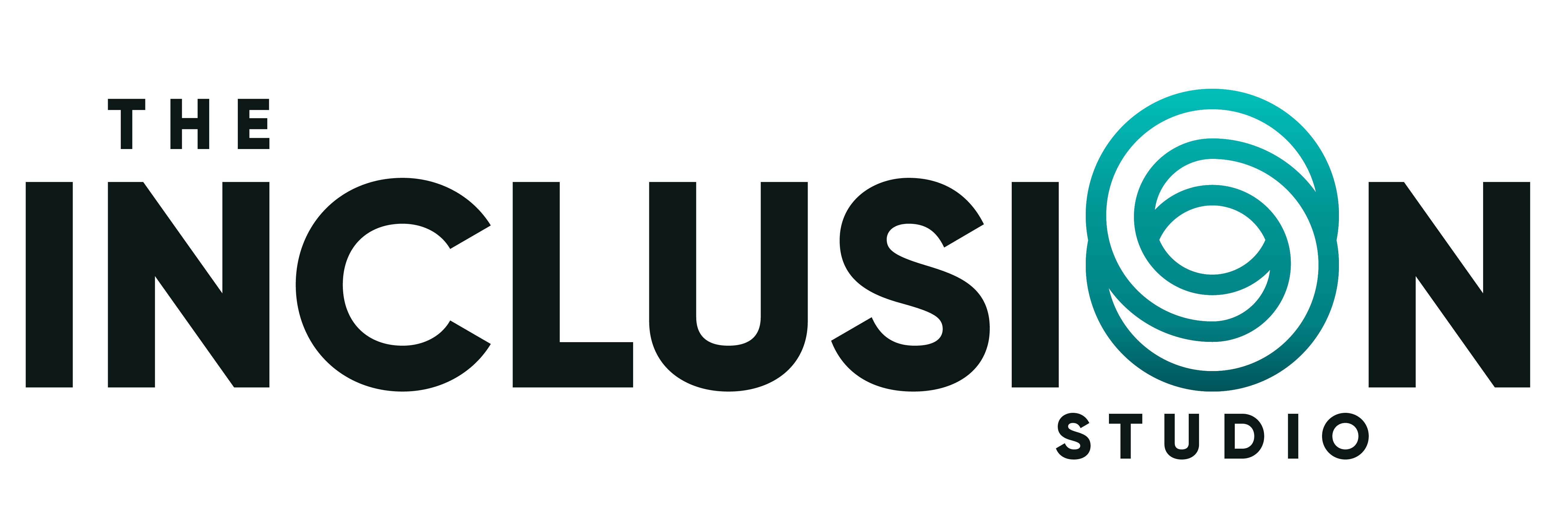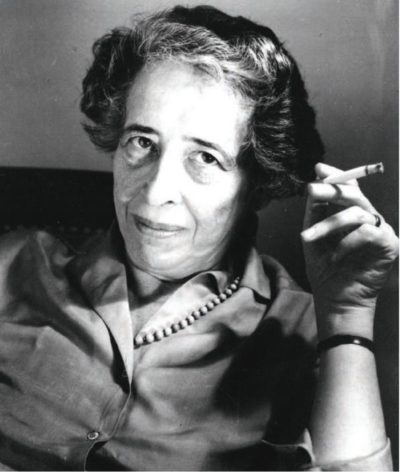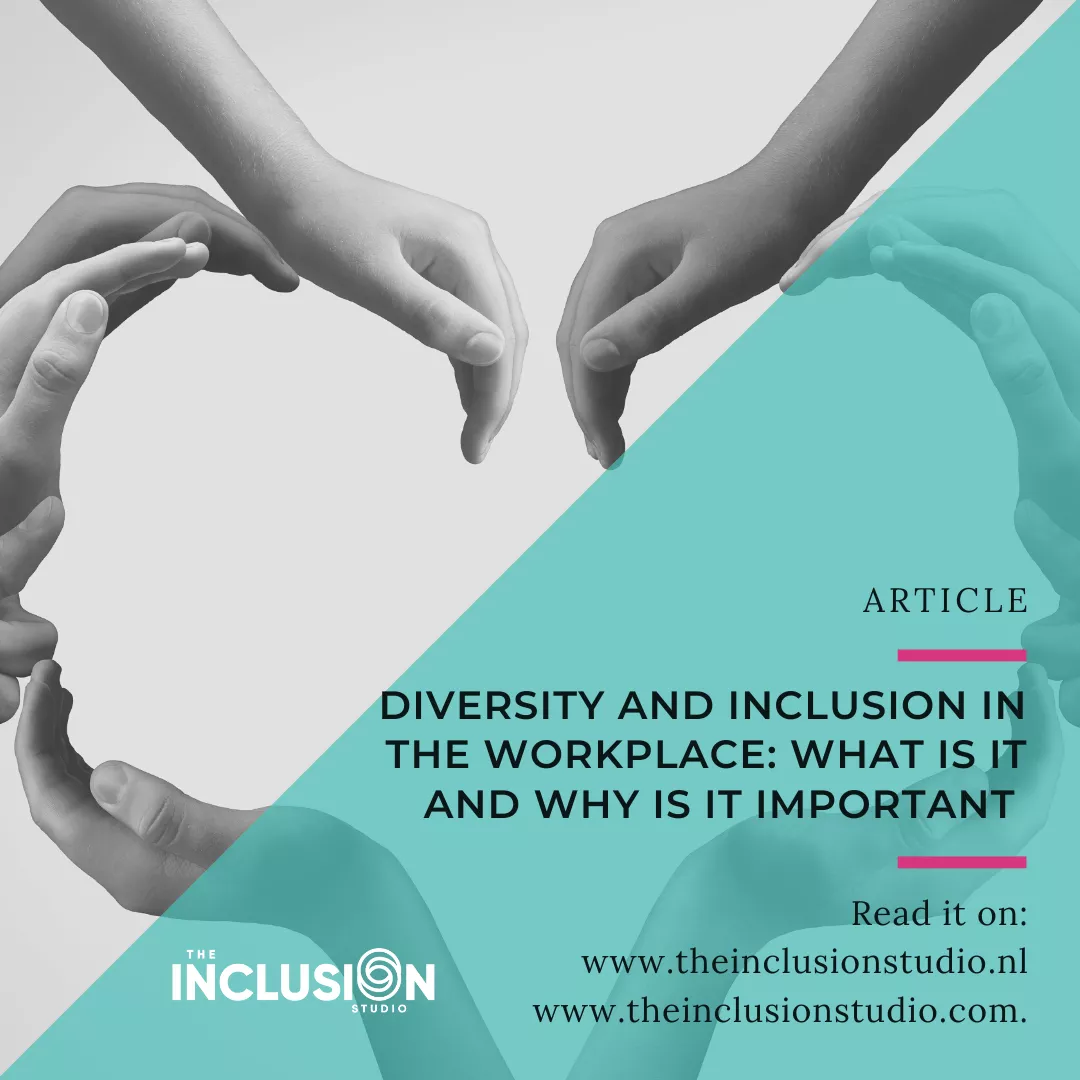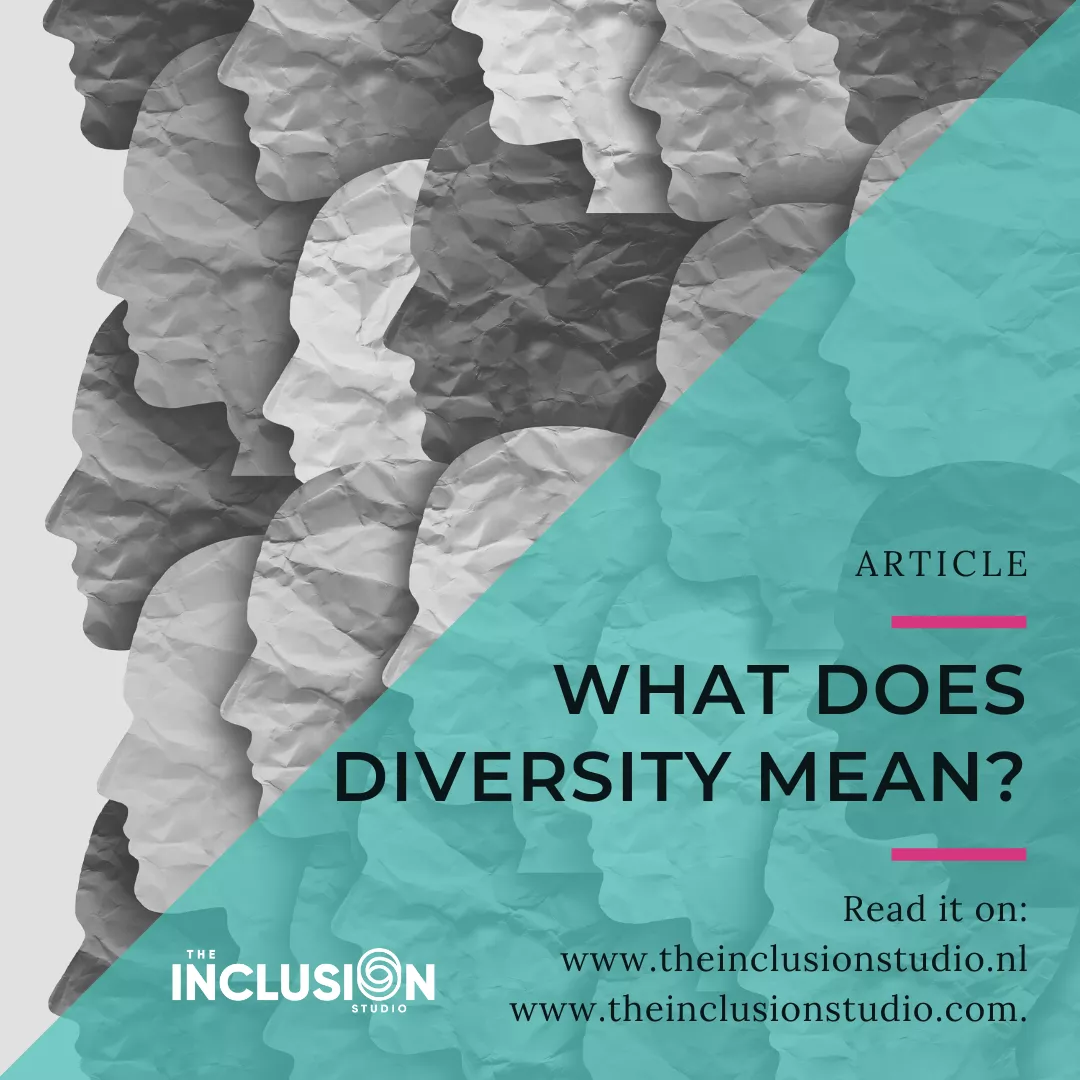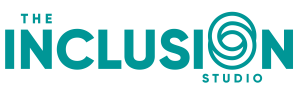
Hannah Arendt: Lessons About Diversity and Inclusion in the Workplace
Diversity and inclusion in the workplace have taken the world by storm. Many small-medium-large businesses have been practising these concepts of human equality within their organizations.
If you, being a leader, are planning to implement diversity within your organization, you can learn a lot from Hannah Arendt. The German-American political philosopher and the author was one of the influential political thinkers of the 20th century.
Her revolutionary theories of work, labour, diversity, inclusion, and freedom have inspired many in the corporate world. Read Hannah Arendt About love and evil to delve more into her personal story.
So, let’s understand these concepts from Arendt’s lens:
“Human diversity is a characteristic of the “human status” without which the very words “mankind” or “humanity” would be devoid of meaning.”
Hannah Arendt
The world and human diversity
According to Arendt, highly developed political communities insist on ethnic homogeneity to eliminate natural and always present differences and differentiation that cause dumb hatred, mistrust and discrimination.
“Man is only the master, but not the creator of the world. Thus, only by accommodating naturally given differences is it possible for the world to flourish.”
in: Hannah Arendt and Human Rights
The same goes true for workplaces. In order to grow and become competitive, you need to embrace diversified talent. This won’t just make you stand out and make you approachable, it will also give you access to exceptional global talent. So, it’s a win-win!
Equality is a basic requirement for justice
Equal conditions require less explanation for the differences existing among people. Arendt says in the environment influenced by equality, everyone is truly human.
“To be superhuman would be monstrous.”
She said that being an advocate of equality, she wanted everybody to be like her. Otherwise, life would not be worthwhile, and it only leads to conflicts with society. Of course this is a contradiction, if everyone is the same there is no diversity.
I, therefore, think that we can best interpret Arendt’s statement as the contradiction in the statement “everyone is unique”. Under this accompanying interpretation, you can read Arendt as: I want everyone to be as I am: myself.
What is freedom…
For Arendt, freedom is not about freedom of thinking or the will. She questions the concept of free will. Is there really such a thing as free will? According to Arendt, the will commands.
“Freedom allows us to be human.”
Arendt also says that we are free only when we’re together. With this, Arendt turns the concept of freedom into a joint effort. You can explore more about Arendt’s thoughts on freedom and revolution in her book The freedom to be free.
Being a leader, you want your people to feel like humans and encourage teamwork. Employees who feel the freedom of making choices in the workplace tend to be happier and more productive than restricted employees.
Freedom and teamwork in the workplace have many perks, such as greater employee loyalty, better performance, and increased revenue.
Takeaway
To sum up, Arendt expressed her revolutionary thoughts and ideas about inclusion, diversity and freedom fiercely. It made the whole world rethink these concepts of mankind and our society. And, the modern world is not untouched.
So, get an inclusion scan of your organization to explore any blind spots. An inclusion scan eliminates the guesswork about the true status of inclusion and diversity in your workplace but to know. It includes you.
